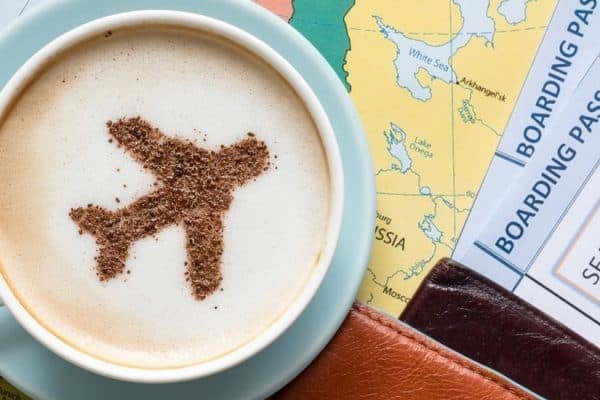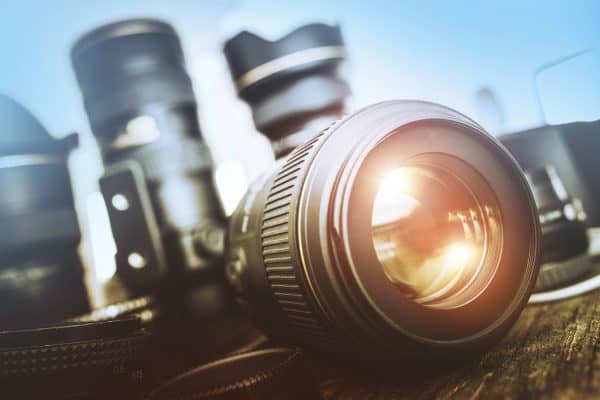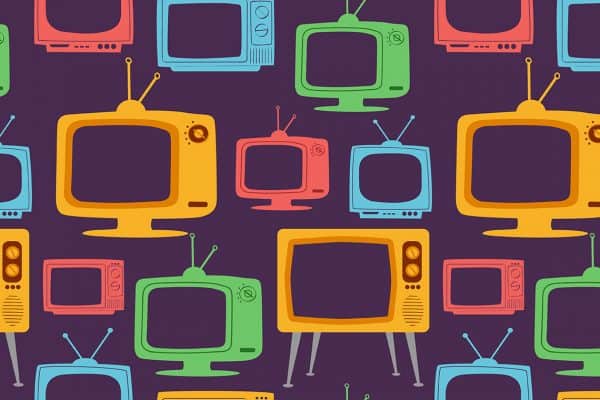On September 1st 2016, changes to the law around TV licensing came into effect. This was following a government crackdown on what has become known as the “iPlayer loophole”. It therefore prevents people from accessing BBC content without a TV licence.
Why do we have TV licences at all?
The TV licence fee payable in the UK is used to fund the BBC and the television, radio, and online services they offer. The BBC is a public service broadcaster, which means it is dependent on money from licence fees to be able to stay in operation. However, even if you don’t watch BBC channels, you still need to have a TV license if you want to watch or record live TV broadcast on other channels.
What is the TV Licensing law?
Until September 1st, the law stated that you need a TV license if you want to be able to watch or record broadcast TV on any channel, using any device. This includes if you watch TV on your laptop through a service like TVCatchUp, or live-stream TV shows through ITV Player, BBC iPlayer and All4. It didn’t cover on-demand, catch up content that you could watch on these platforms. Or even shows or movies accessed through on-demand paid subscription services like Netflix and Amazon Prime Video.
Now, though, thee have changed the law and it specifically affects how people use BBC iPlayer. Watching BBC content on-demand on iPlayer without a TV licence was considered a loophole in the law. However they have now closed this loophole. So if you want to use BBC iPlayer, even just to access on demand content, you will need a valid TV licence.
So, what do I need to do?
If, like most people, you already have a valid TV licence at your address, then you don’t need to do anything. This is because your existing licence automatically covers the changes to the law at no additional cost to you.
If you don’t have a TV licence at the moment, but do watch TV shows through BBC iPlayer, either live-streamed or on-demand, then you will need to buy a TV licence as soon as you can.
If you never watch any live TV on any channels, and don’t use BBC iPlayer, then you don’t need to have a TV licence.
Remember, you only need one TV licence per household in most cases. So if you live with friends or family, or in a house share, then you can split the £145.50 cost of the licence between you to save money. It isn’t usually necessary for individuals sharing a property to each have their own licence. So this could save you some money straight away! There are a couple of exceptions though. So it’s best to check with TV Licensing direct to make sure you know whether you need a licence or not.
You can also spread your payments out over the year. This will reduce the impact on your budget by paying with a monthly direct debit.
Are there any exceptions to the law?
TV Licensing have estimated that less than 2% of households will be in a situation where they don’t need a TV licence. The only exception to the law is to cover people living somewhere that isn’t their permanent address. For example, students who live in university accommodation during term time and list their parents’ address as their permanent address.
Even this exception is complicated. But it’s worth getting your head around if you’re a student, or are financially supporting someone who is. To be exempt from paying for a TV licence, there must be a valid licence registered to your permanent address. Even then, you are only covered as long as your viewing is limited to a portable device like a laptop. Or a tablet or smartphone, that isn’t connected to an aerial point or to mains power at the time of viewing. As soon as you watch a show on BBC iPlayer while your device is plugged in to charge, or live-stream a programme, then you will need a TV licence of your own.
What will happen if I don’t have a TV licence but still use iPlayer or watch live TV?
Watching live TV on any channel, through any device, or watching BBC content on demand without having a valid TV licence registered to your permanent address is breaking the law. Therefore TV Licensing could prosecute you and hit you a fine of up to £1000. That’s a lot of money any way you slice it. So it’s important to be absolutely clear on whether you need a licence or not. Get one if you need one, and declare it to TV Licensing before you cancel any licences you don’t need.
Want more information?
If you want to find out more about how the changes to the law affect you. Or to speak to somebody directly to find out if they do or not, visit TV Licenses online.




















